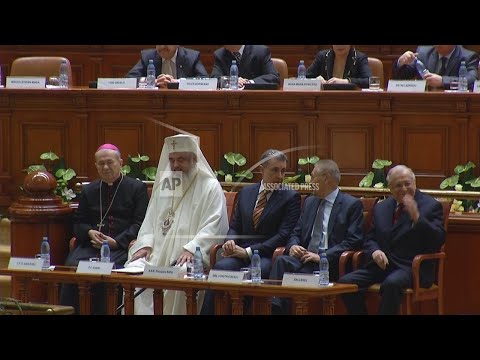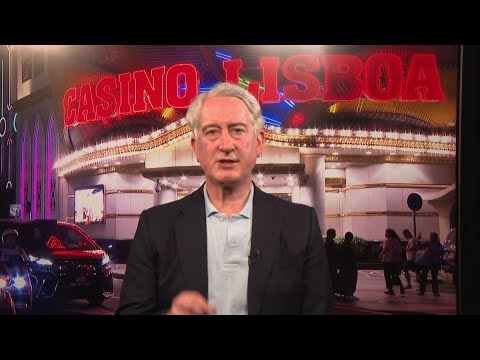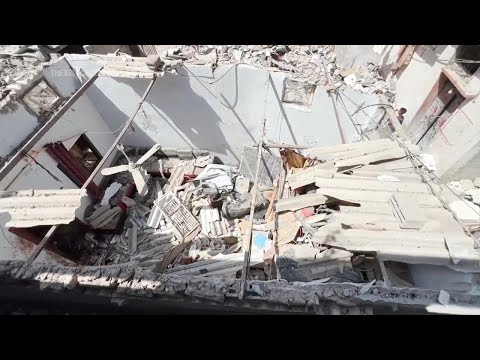(5 Aug 2025)
RESTRICTION SUMMARY:
ASSOCIATED PRESS
Bucharest, Romania – 21 December 2014
1. Former Romanian president Ion Iliescu, right, saluting someone, during special parliament session
2. Wide of parliament session
3. Iliescu and others
ASSOCIATED PRESS
Bucharest, Romania – 1 December 2012
4. Iliescu, back row, black hat, glasses, during National Day Parade
5. Iliescu and state officials during National day Parade
STORYLINE:
Ion Iliescu, Romania’s first freely elected president after the fall of communism in 1989, who later faced charges of crimes against humanity for his role in the bloody revolution, has died. He was 95.
Iliescu, who held de facto military authority during the anti-communist revolt, assumed power after Communist dictator Nicolae Ceausescu, and his wife Elena, were executed on Dec. 25, 1989.
More than 1,100 people died during the uprising, 862 of them after Iliescu had seized power. He repeatedly denied any wrongdoing.
Twice re-elected, in 1992 and 2000, Iliescu had largely withdrawn from public life by 2017.
In recent years, his health had declined. In 2019, he underwent heart surgery, and he was diagnosed with lung cancer in June.
The hospital in the capital, Bucharest, where Iliescu had been receiving medical treatment since Jun. 9, said on Tuesday that he died at 3.55 p.m. local time after medics “made all efforts to provide him the necessary care and treatment.”
Romania’s government also confirmed his death and extended its condolences to his family and those close to the former president. It added that it would announce plans for a state funeral soon.
In a statement on its official website, Romania’s Social Democratic Party, or PSD, which Iliescu founded, called it “a very sad day for Romania.”
“A prominent figure of the Romanian Revolution and the history of contemporary Romania, Mr. President Ion Iliescu will remain for all of us a symbol of the politician and statesman,” the statement read.
“He had the courage to confront Ceausescu and his dictatorship, and directed Romania irreversibly on the Euro-Atlantic path.”
“He was a strong leader, loved by most, contested by others, as happens in democracy,” it added.
In 2018, military prosecutors charged Iliescu with crimes against humanity for failing to prevent “numerous situations” in which civilians were needlessly killed during the revolution.
Prosecutors alleged he had spread false information through state media, creating a “generalized psychosis” that fueled chaos and bloodshed.
The charges against Iliescu, who served as a minister in the communist government until he was sidelined in 1971, refer to a five-day period during the uprising, after Ceausescu had fled Bucharest on Dec. 22, 1989.
At the time of Iliescu’s death, he had never been convicted, and the case remained open.
In January this year, Iliescu’s legal woes mounted when prosecutors charged him with crimes against humanity in a second case. Prosecutors allege he implemented policies that led to a violent crackdown on civilian protesters in Bucharest in 1990, who were demanding the removal of former communists from power.
Iliescu had called on coal miners from the Jiu Valley to “restore order” in the capital. At least four people were killed.
Despite maintaining good relations with the Soviet Union until its collapse in 1991, Romania became a member of the NATO military alliance in 2004 during his last presidential term.
After his last term ended, he served as a lawmaker in the Social Democratic Party, Romania’s most dominant political party since communism ended 35 years ago.
Find out more about AP Archive: http://www.aparchive.com/HowWeWork
Twitter: https://twitter.com/AP_Archive
Facebook: https://www.facebook.com/APArchives
Instagram: https://www.instagram.com/APNews/
You can license this story through AP Archive: http://www.aparchive.com/metadata/youtube/06ac3120fbc446db92ecc23b226dc78c
Author: AP Archive
Go to Source
News post in August 10, 2025, 6:06 pm.
Visit Our Sponsor’s:
News Post In – News





